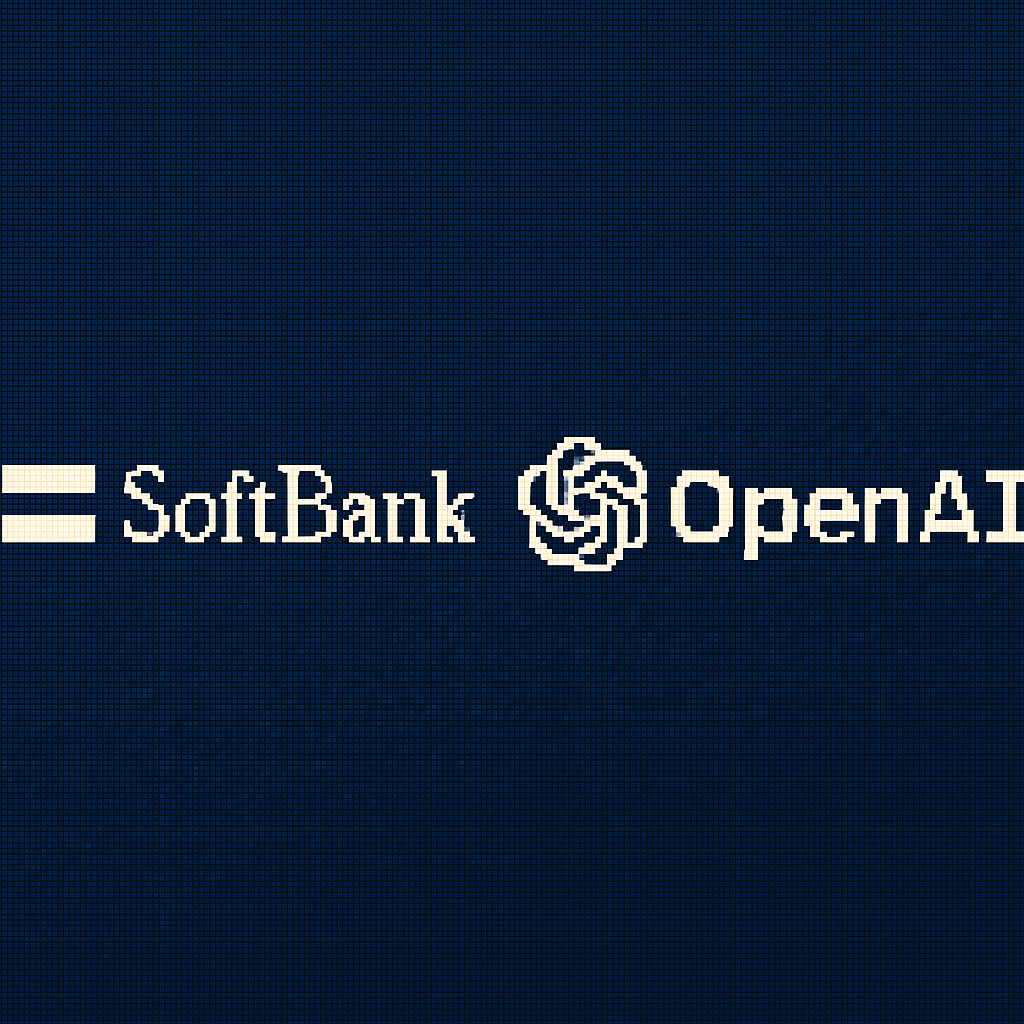Key Highlights
- $6 billion stock sale planned by current and former OpenAI employees to major investors including SoftBank, Thrive Capital, and Dragoneer.
- Potential valuation of $500 billion, significantly higher than the ongoing $300 billion primary funding round.
- SoftBank emerges as a central player, also leading OpenAI’s $40 billion fundraising effort.
- OpenAI revenue projected to triple in 2025 to $12.7 billion, fueled by ChatGPT adoption and the release of GPT-5.
- Employee share sales provide liquidity and serve as a retention tool in the competitive AI talent market.
- CEO Sam Altman outlines vision to invest trillions in AI infrastructure in the near future.
Introduction
OpenAI is once again making headlines with a potential secondary share sale that could reshape the landscape of artificial intelligence investment. OpenAI is preparing to sell around $6 billion in stock as part of a secondary sale to investors including SoftBank Group, Thrive Capital, and Dragoneer Investment Group. If completed, the deal would value OpenAI at $500 billion, surpassing SpaceX and positioning the ChatGPT maker as the world’s most valuable startup.
OpenAI’s $500 Billion Valuation: A New Milestone in Tech
If finalized, the $500 billion valuation would propel OpenAI ahead of SpaceX as the most valuable startup globally. The move reflects investor confidence in OpenAI’s position at the forefront of artificial intelligence innovation.
SoftBank’s Expanding Role in AI Investments
SoftBank is not just a participant but a leading force in the tech gigant’s financing. Alongside this secondary share purchase, the Japanese conglomerate is also spearheading OpenAI’s $40 billion primary funding round, reinforcing its strategy of deep involvement in next-generation technologies.
Why OpenAI Employees Are Cashing Out Shares
The decision to allow current and former employees to sell shares highlights a strategy to balance liquidity with retention. With tech giants like Meta offering lucrative compensation packages to lure AI talent, these stock sales serve as an incentive for OpenAI employees to remain invested in the company’s future.
OpenAI’s Revenue Boom
In 2025, the company’s revenue is projected to triple, jumping from $3.7 billion in 2024 to $12.7 billion. This surge is largely driven by the widespread adoption of ChatGPT and the launch of its highly anticipated GPT-5 model, which is expected to fuel further enterprise and consumer adoption.
The AI Talent War: OpenAI vs. Meta
Competition for artificial intelligence researchers and engineers has intensified, with Meta aggressively recruiting from OpenAI. The stock sale provides employees a chance to monetize their holdings while staying aligned with the company’s long-term mission, creating a competitive edge in the talent market.
OpenAI CEO Sam Altman’s Trillion-Dollar Vision
CEO Sam Altman has made it clear that OpenAI is aiming for massive infrastructure expansion. In recent statements, he projected trillions of dollars in future investments to build the compute power necessary to support global AI services—underscoring the scale of OpenAI’s ambition.
The Bigger Picture for OpenAI and similar companies
The planned stock sale is more than a financial transaction—it represents a strategic balancing act between growth, investor confidence, and employee retention. By allowing liquidity without a public listing, OpenAI signals its intent to stay independent while continuing its rapid ascent.
With strong backing from SoftBank and other major investors, soaring revenues, and bold ambitions from leadership, OpenAI is positioned not just as a leading AI firm, but as a transformative force shaping the future of technology and infrastructure worldwide.




